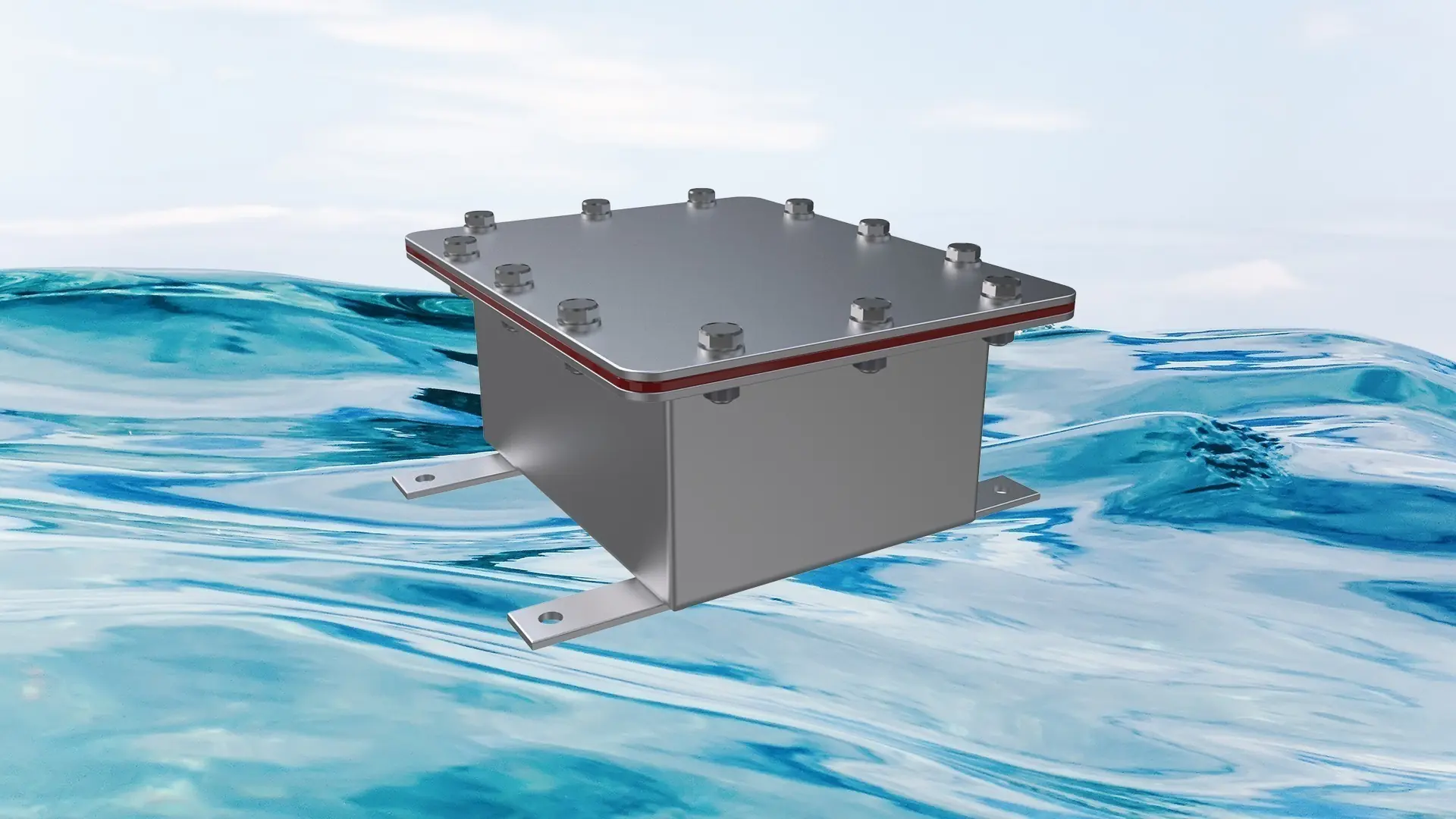Introduction
As the world transitions toward renewable energy and smart cities, the demand for reliable, durable, and safe electrical infrastructure has never been greater. Whether powering rooftop solar panels, connecting electric vehicle (EV) charging stations, or supporting vast networks of IoT devices, the integrity of electrical connections plays a crucial role in ensuring long-term performance and safety. Among the many components that support this infrastructure, the waterproof junction box stands out as a small but vital piece of technology.
By protecting sensitive electrical connections from environmental factors such as water, dust, and extreme temperatures, waterproof enclosures enable the stable growth of renewable energy projects and smart city applications. Their adoption will continue to expand as industries worldwide demand more resilient and sustainable solutions.
The Growing Demand for Reliable Electrical Connections
The global shift toward electrification is accelerating. Solar farms, wind turbines, EV charging stations, and intelligent lighting systems are becoming integral to both urban and rural environments. Each of these systems depends on secure electrical wiring, often exposed to harsh outdoor conditions.
Without proper protection, moisture, dust, and UV radiation can compromise connections, leading to costly downtime, reduced efficiency, and even safety hazards. This is where waterproof junction boxes demonstrate their value. Rated with international IP standards (IP65, IP66, IP68), these enclosures ensure that sensitive wiring remains sealed and secure even in extreme climates.
Applications Across Industries
- Renewable Energy (Solar and Wind Power)
Large-scale solar farms rely on string-level protection and connections that are both weatherproof and easy to maintain. Waterproof enclosures are widely used to protect fuses, surge protection devices, and disconnectors in distributed energy systems. Similarly, wind turbine nacelles and base stations require durable enclosures to safeguard sensitive control systems. - Smart Cities
Urban infrastructure is increasingly powered by connected technologies. From IoT sensors monitoring traffic flows to EV charging stations and smart street lighting, electrical enclosures ensure consistent uptime. Without durable weatherproof housings, these systems would be vulnerable to unpredictable weather conditions and pollution. - Industrial and Commercial Facilities
Factories, warehouses, and commercial centers frequently use outdoor power distribution systems. Robust waterproof enclosures help maintain reliable operations while reducing maintenance costs. - Residential Projects
From garden lighting to home EV chargers, households are adopting waterproof junction boxes to ensure both convenience and safety in outdoor installations.
Key Features That Define High-Quality Waterproof Junction Boxes
- Durable Materials: ABS and polycarbonate housings resist impact, UV radiation, and chemical exposure. In some cases, metal enclosures are preferred for enhanced robustness.
- Flexible Design: Options like transparent covers, modular components, and pre-drilled cable entries simplify installation and future upgrades.
- International Certifications: Compliance with IEC, CE, and RoHS ensures global acceptance and safety.
- Ease of Use: Quick-mounting mechanisms and user-friendly layouts reduce installation time and long-term maintenance efforts.
Future Outlook: Smart Energy and Sustainability
The role of waterproof junction boxes extends far beyond traditional power distribution. In the coming years, these enclosures will support advanced applications in:
- Distributed Renewable Systems: Solar microgrids and wind clusters depend on reliable interconnection points.
- Energy Storage (ESS): Lithium-ion and hybrid storage systems require stable DC wiring protected from environmental risks.
- EV Charging Networks: As electric vehicles expand, outdoor charging hubs will need reliable protective enclosures for safe, long-term operation.
- Microgrids and Off-Grid Solutions: Rural electrification projects, disaster recovery systems, and mobile power stations all rely on robust protective housings.
Conclusion
As renewable energy and smart cities evolve, the need for robust electrical protection will only grow. Waterproof junction boxes, though small in size, provide outsized value in ensuring safety, reliability, and efficiency across diverse applications.
For businesses, engineers, and homeowners seeking dependable solutions, choosing the right enclosure is critical to building future-ready systems. To explore a wide range of professional-grade electrical solutions, visit the Olayks official website.





























